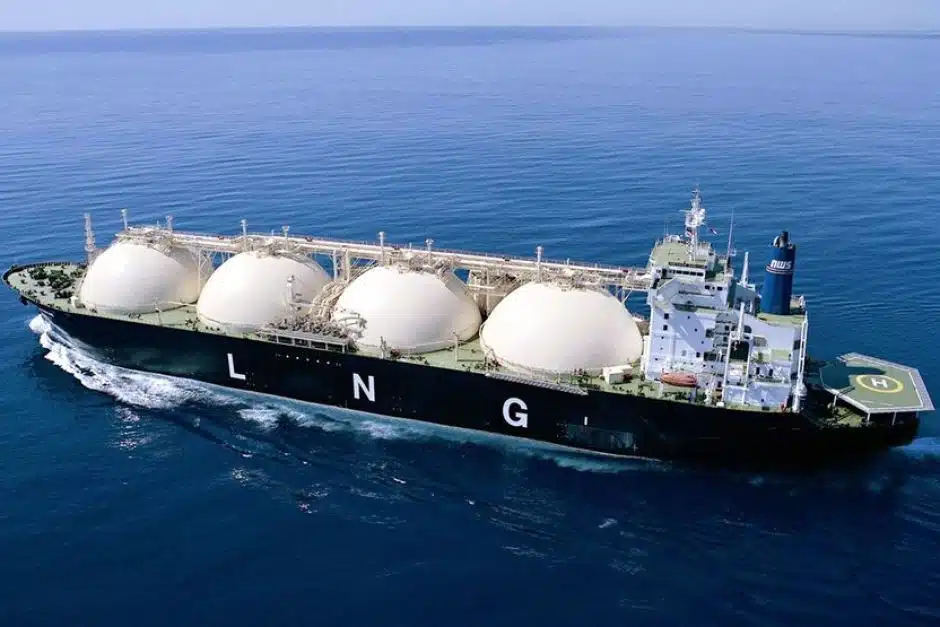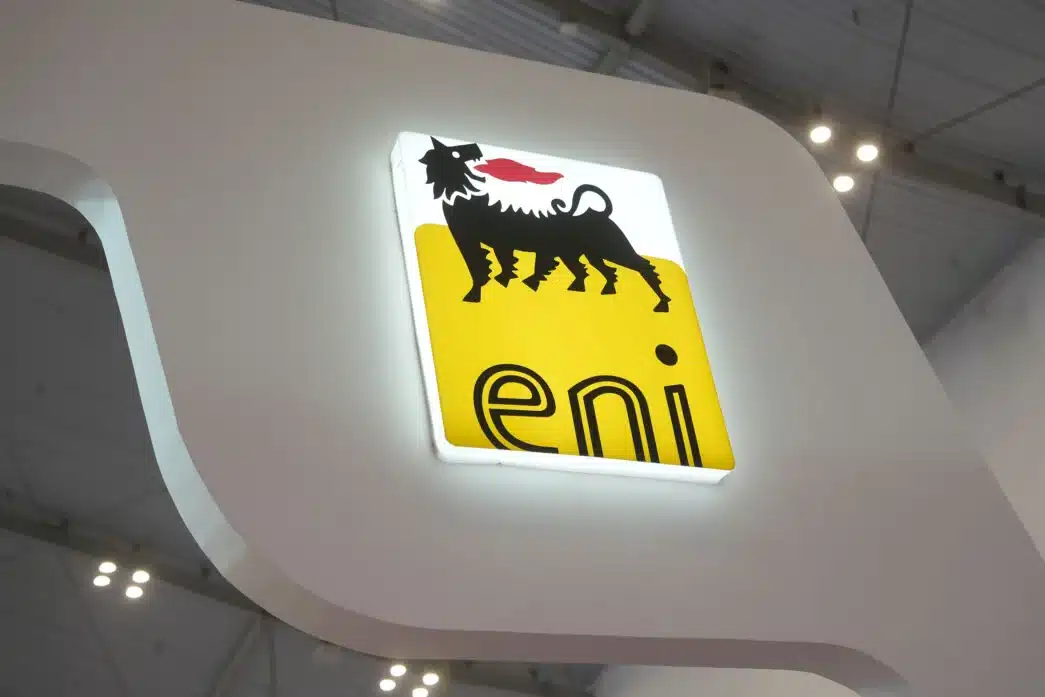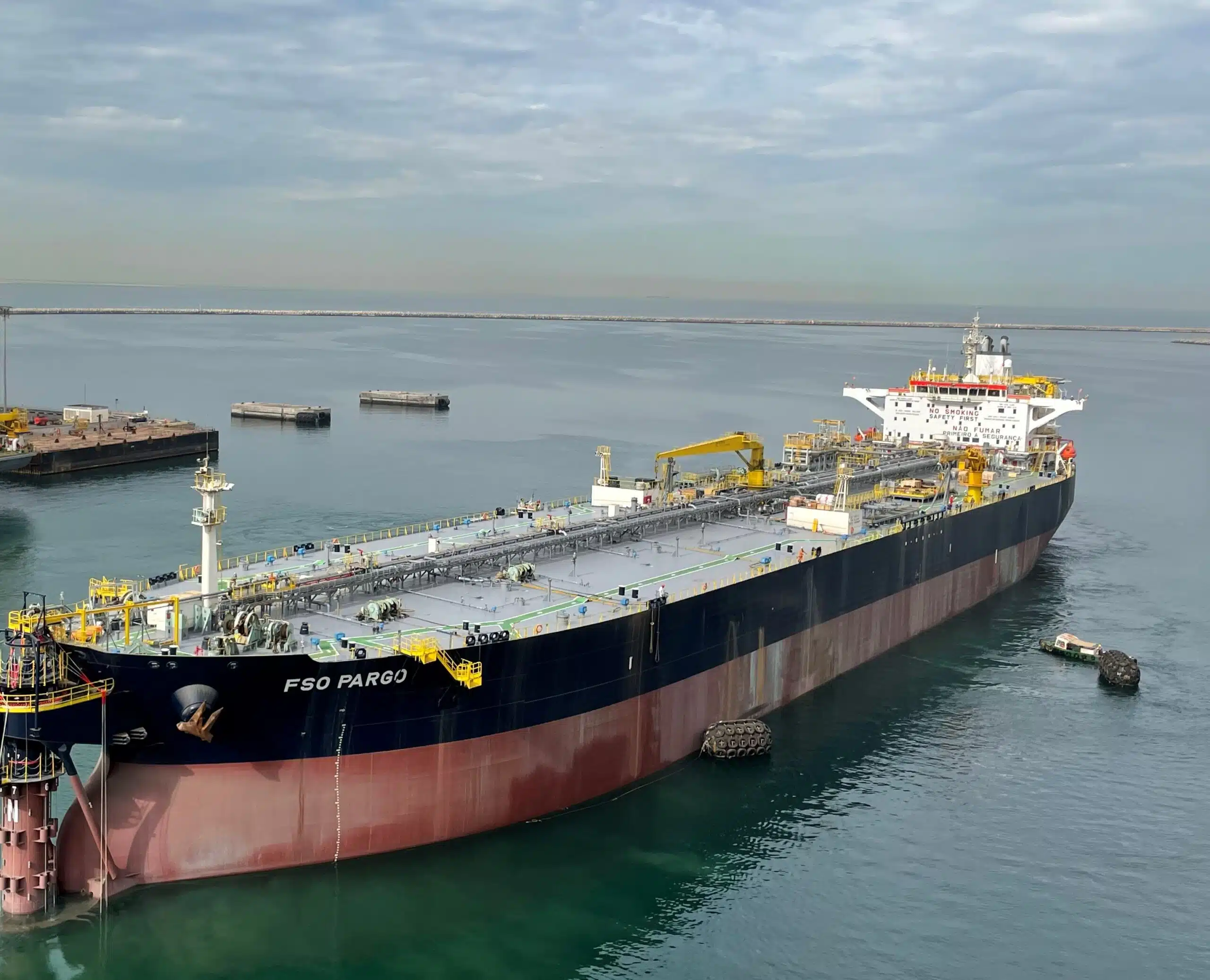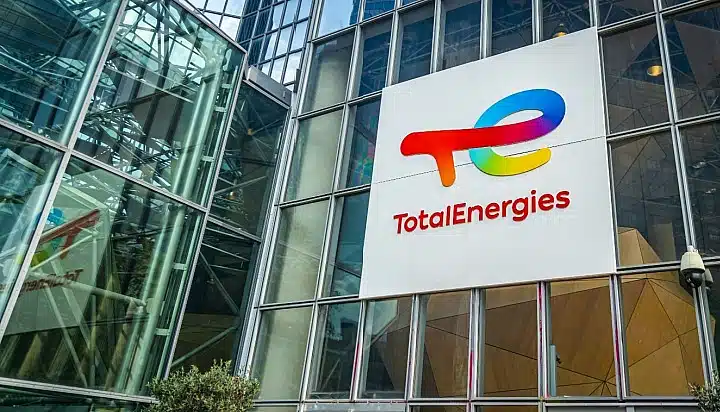Tullow Oil has reported an interim loss of $80 million following the $307 million sale of its Gabonese assets and a downward revision of its full year production forecast.
The West Africa focused company now expects to produce between 40,000 and 45,000 barrels of oil equivalent per day (boped) in 2025, compared with the earlier projection of 50,000 to 55,000 boped.
This was disclosed in the company’s half year financial update on Wednesday, which also revealed weaker revenues, impairment charges, and higher operational costs during the first six months of the year.
The company, listed on the London Stock Exchange, noted that the divestment of its Gabonese portfolio formed part of its broader plan to streamline operations and focus on high margin assets in key regions.
Richard Miller, Tullow’s Chief Financial Officer and interim Chief Executive Officer, explained that ongoing restructuring efforts were aimed at strengthening the company’s capital structure and improving operational efficiency.
“In the second half of the year, we are focused on refinancing our capital structure, production optimisation activities and continuing to manage our cost base,” Miller said.
Jubilee field under scrutiny
Apart from Gabon, Miller also noted that recent under performance at the company’s flagship Jubilee oilfield in Ghana had impacted production levels in the first half.
Tullow said average daily production for the period was 40,600 BOPED, excluding volumes from the sold Gabonese assets.
The Jubilee and TEN oilfields, both located offshore Ghana, account for the majority of the company’s output.
The firm said steps have been taken to address technical challenges at Jubilee and added that further optimisation potential has been identified at the field.
Focus shifts to debt and growth
Beyond the asset sale, Tullow said it would prioritise financial restructuring in the second half of 2025.
The company said it is actively exploring options to refinance existing debt and boost investor confidence.
In July, Tullow announced the completion of its exit from Gabon with the sale of its entire asset portfolio to Panoro Energy and the Gabon Oil Company.
The deal, worth $307 million, was finalised to reduce exposure to low margin operations and








